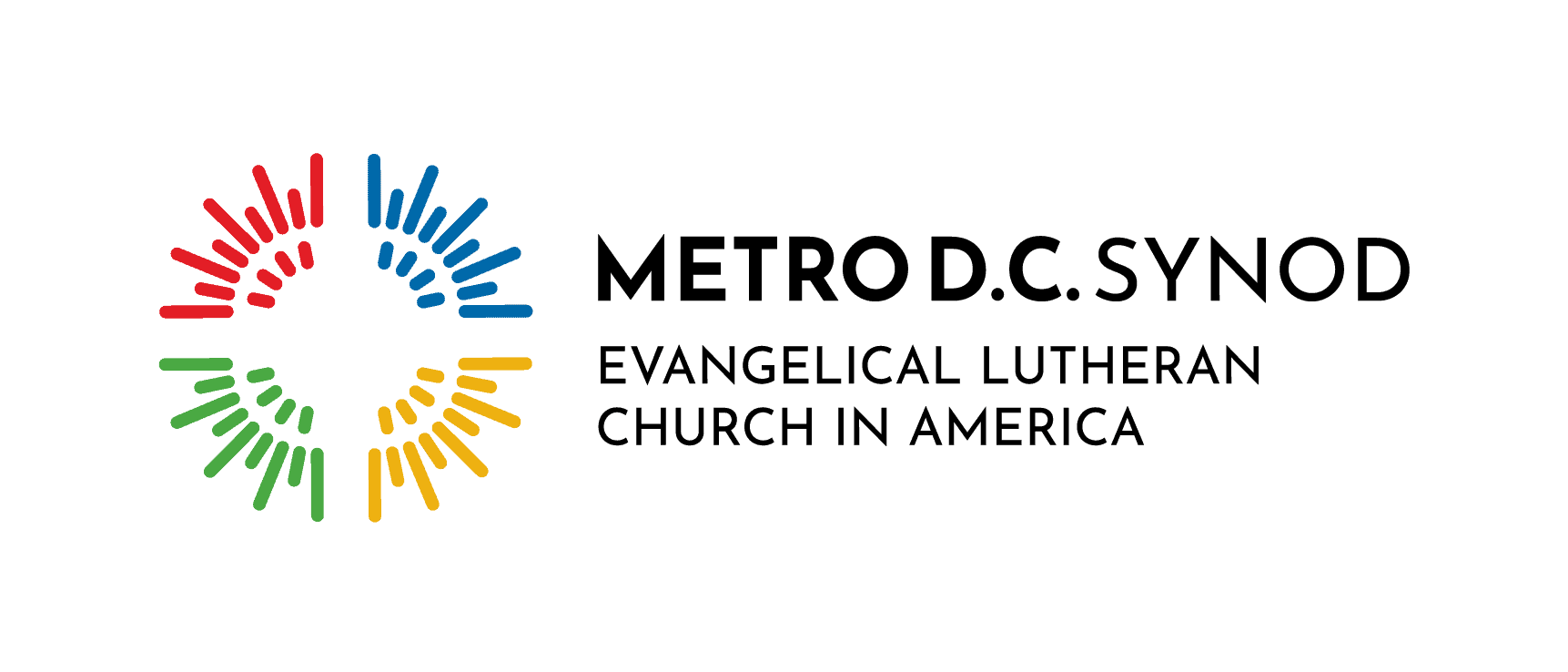Gift from an ‘Unplanned Adventure’

by Karen Krueger
A diaconal minister from the ELCA Northeastern Iowa Synod with cancer writes from her heart, mind, spirit and experience in a May 2016 synod newsletter.

Insights from facing a tough medical situation and loving someone on this journey are shared by a neighboring diaconal minister.
“This newsletter will offer some ideas to help talk about life changing medical situations such as cancer but may apply to other situations as well,” shares Elayne Werges, whose family called life since diagnosis the ‘Unplanned Adventure.’ “I am learning to embrace the unknown… to walk in faith. Thanks be to God!”
Her affirming and practical insights include: How to talk to kids about tough stuff; Helping someone cope with cancer; Items for a recommended ‘Treatment Bag;’ and a list of things to/not to say.
This two-page gift from Werges may be well-received by a person or group in your congregation. Reprinted here by permission is a newsletter portion. Go to www.neiasynod.org/youth-ministry/home-life/ for the full issue in a pdf file* by selecting “May – How to Talk About Cancer” from the “Living Faith at Home Newsletter” column on the right.
How to talk to kids about “cancer” & other tough stuff
Excerpted article by Elayne J. Werges, Diaconal Minister
- Pray together-out loud. Allow enough time for hard conversations. Include children in talking about cancer. Use open communication. Be honest… Use the difficult words… cancer, chemotherapy, radiation.
- Make no promises that can’t be kept. Use terms that are strait forward and truthful. This is not going to be an easy time for anyone. The person with cancer will need extra attention and help throughout treatment and probably after.
- Encourage kids to ask questions. If you don’t know… admit it and find someone who knows the answer… and never guess.
- Talk about fears. It is ok to cry, be sad, and sometimes even laugh all at the same time. Be clear that this is not a contagious disease. But there may be changes this disease is serious. The treatments are grueling and the side effects leaves one tired. Sounds and lights may be more irritating and more annoying. There will be good days and there will be bad days. Usually the bad days fall 3-4 days after a chemo treatment. There may be some isolation precautions. Stress that these are for everyone safety.
- Let them ask questions… Let them see and touch the bald head and other things that are safe to touch.
- Invite close family members, including grandchildren who are older, to go along to the chemo treatment (bring plenty of things to do)
- Let them help. Bring water glasses, make a snack; (everyone is different but cold and creamy things such as ice cream, pudding, Jell-O, and yogurt are popular.) Let them draw and pretend. This helps them cope and internalize their feelings.
*Jump directly to the pdf here.


